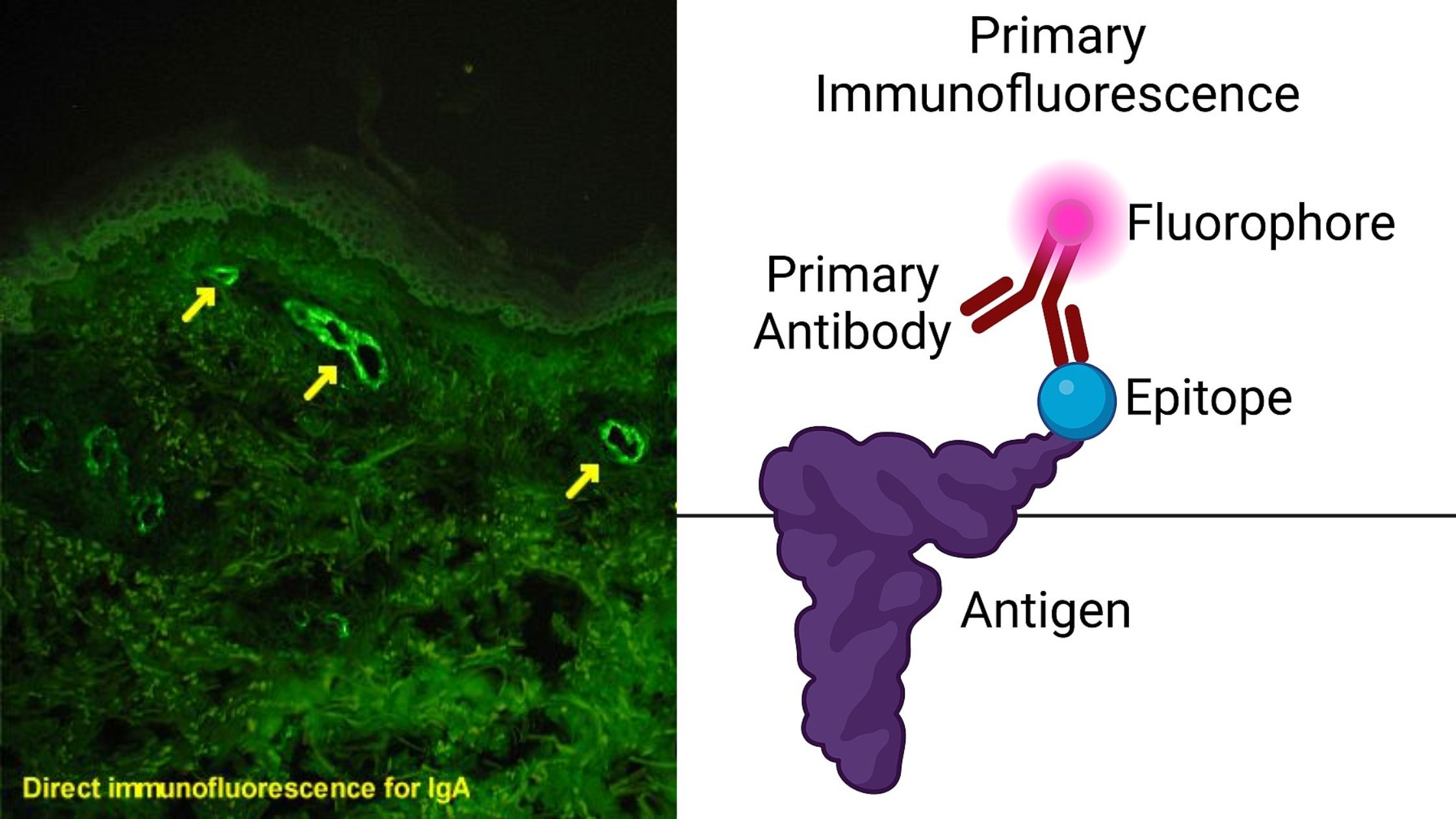Immunofluorescence Assay – Principle, Protocol, Types, Uses
What is Immunofluorescence Assay? Definition of Immunofluorescence Assay Immunofluorescence is a laboratory technique used to detect specific proteins or antigens in biological samples by using antibodies labeled with fluorescent molecules, allowing visualization under a fluorescence microscope. Requirements of Immunofluorescence Assay Objective of Immunofluorescence Assay Principle of Immunofluorescence General Steps of Immunofluorescence Assay Types of Immunofluorescence … Read more









